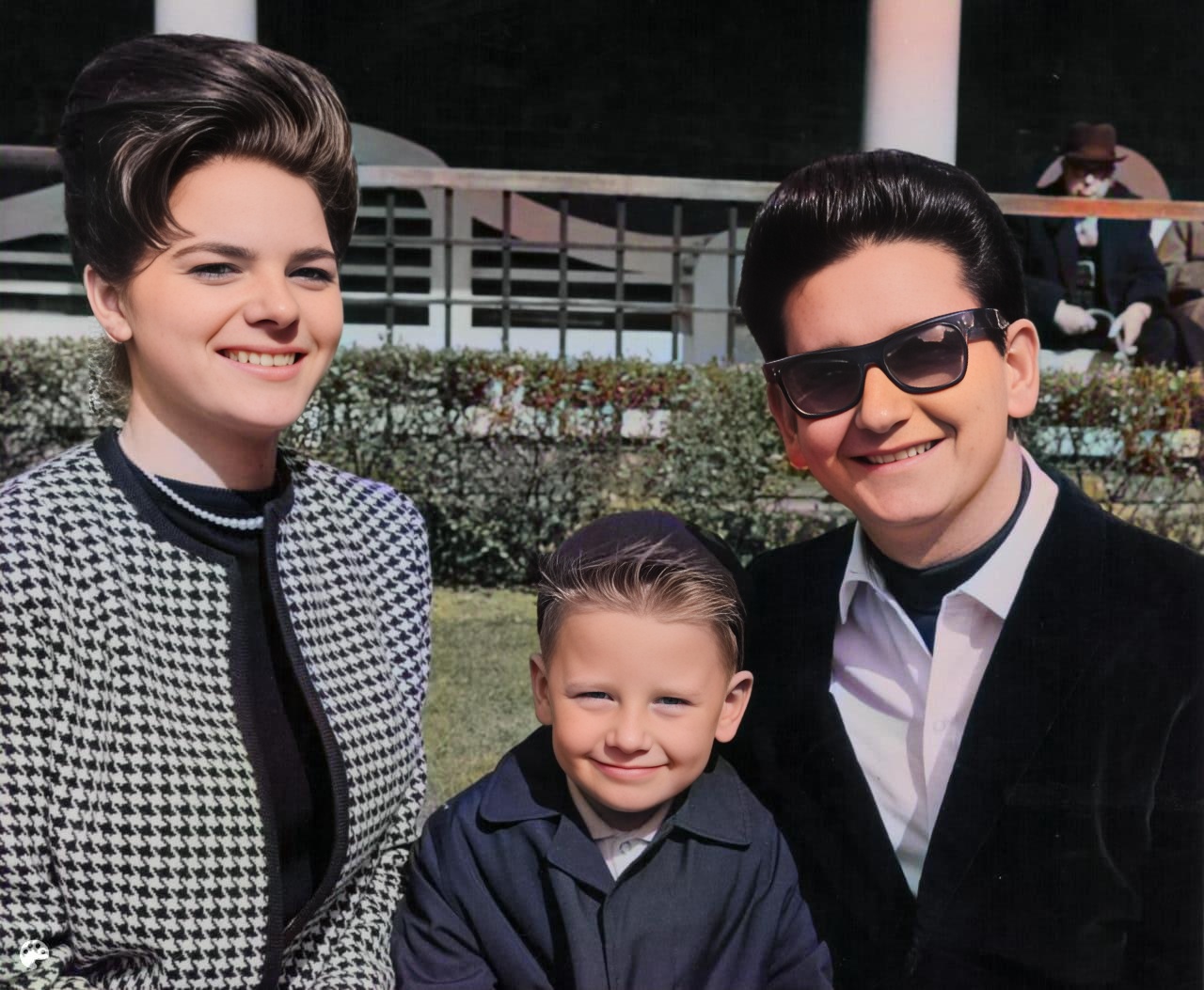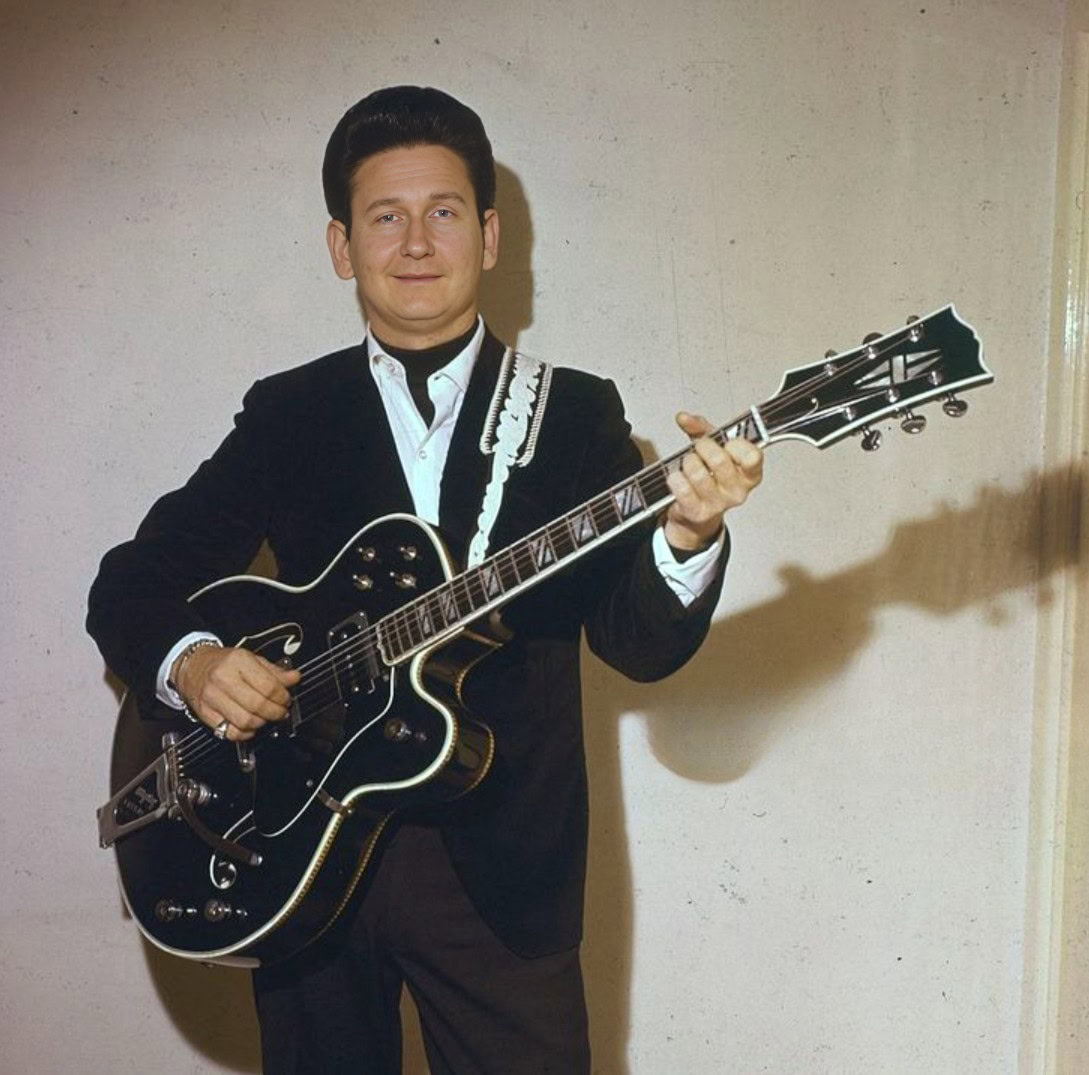
Roy Orbison, nicknamed “The Big O,” was an American singer, songwriter, and musician renowned for his powerful vocals, distinctive arrangements, and dramatic ballads. Born in 1936, Orbison rose to fame in the late 1950s and early 1960s with a string of hits like “Only the Lonely,” “Oh, Pretty Woman,” and, of course, “Crying.” He achieved considerable success, earning multiple Grammy Awards and consistently topping music charts both in the United States and internationally. His unique vocal style, characterized by its operatic range and emotional depth, distinguished him from his contemporaries and solidified his place as a rock and roll pioneer.
Released in 1961, “Crying” is a quintessential Orbison masterpiece, a heart-wrenching ballad that explores the profound pain and vulnerability of unrequited love. The song tells the story of a man still deeply in love with his former partner, watching her move on with someone else. The lyrics vividly portray his internal struggle as he attempts to suppress his emotions, ultimately succumbing to the overwhelming sadness, depicted through the powerful imagery of “crying.” Orbison’s vocal performance is particularly striking, conveying the raw emotion of the lyrics with remarkable authenticity and control.
“Crying” resonated deeply with audiences worldwide, becoming a major hit upon its release and remaining a classic for decades. Listeners were captivated by the song’s melancholic beauty and Orbison’s ability to connect with their own experiences of heartbreak and loss. Many have lauded the song for its timeless quality, recognizing its universal themes and enduring emotional power. Critics frequently praise Orbison’s vocal prowess and the song’s sophisticated arrangement, contributing to its enduring popularity and cementing its status as one of the greatest songs of all time. The song has been covered by numerous artists across various genres, further testament to its lasting impact and appeal.
